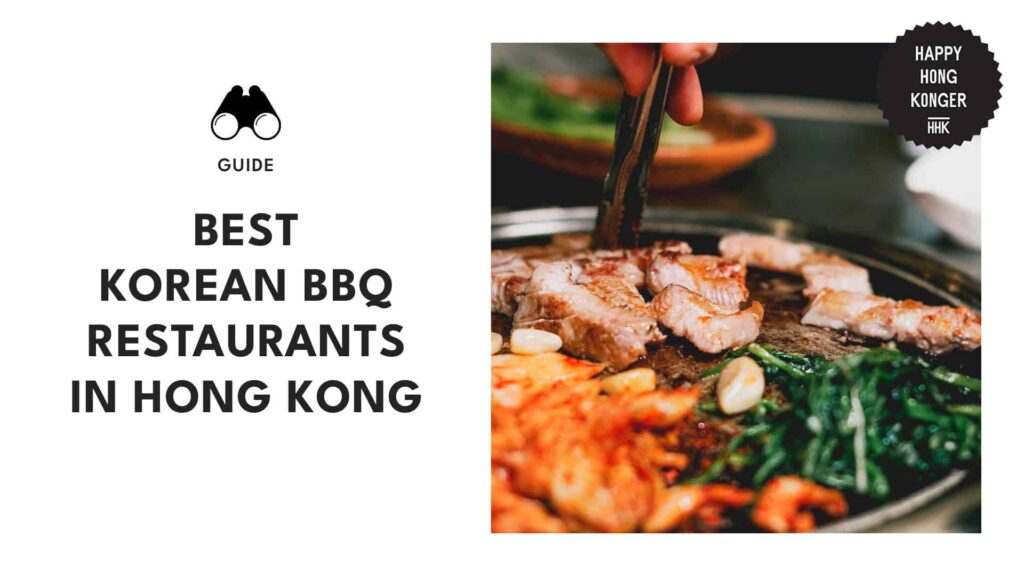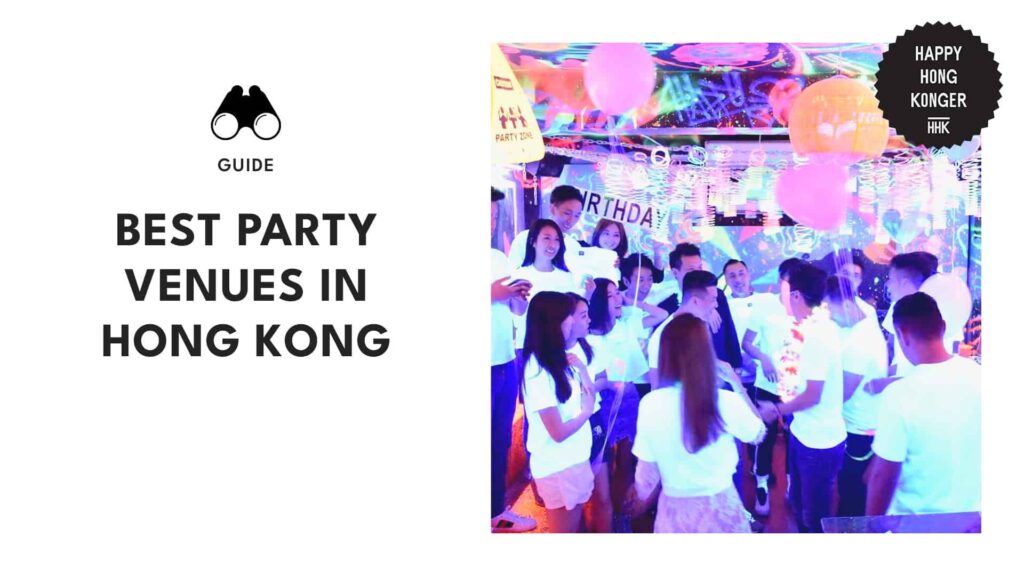Categories > Guides and Tips
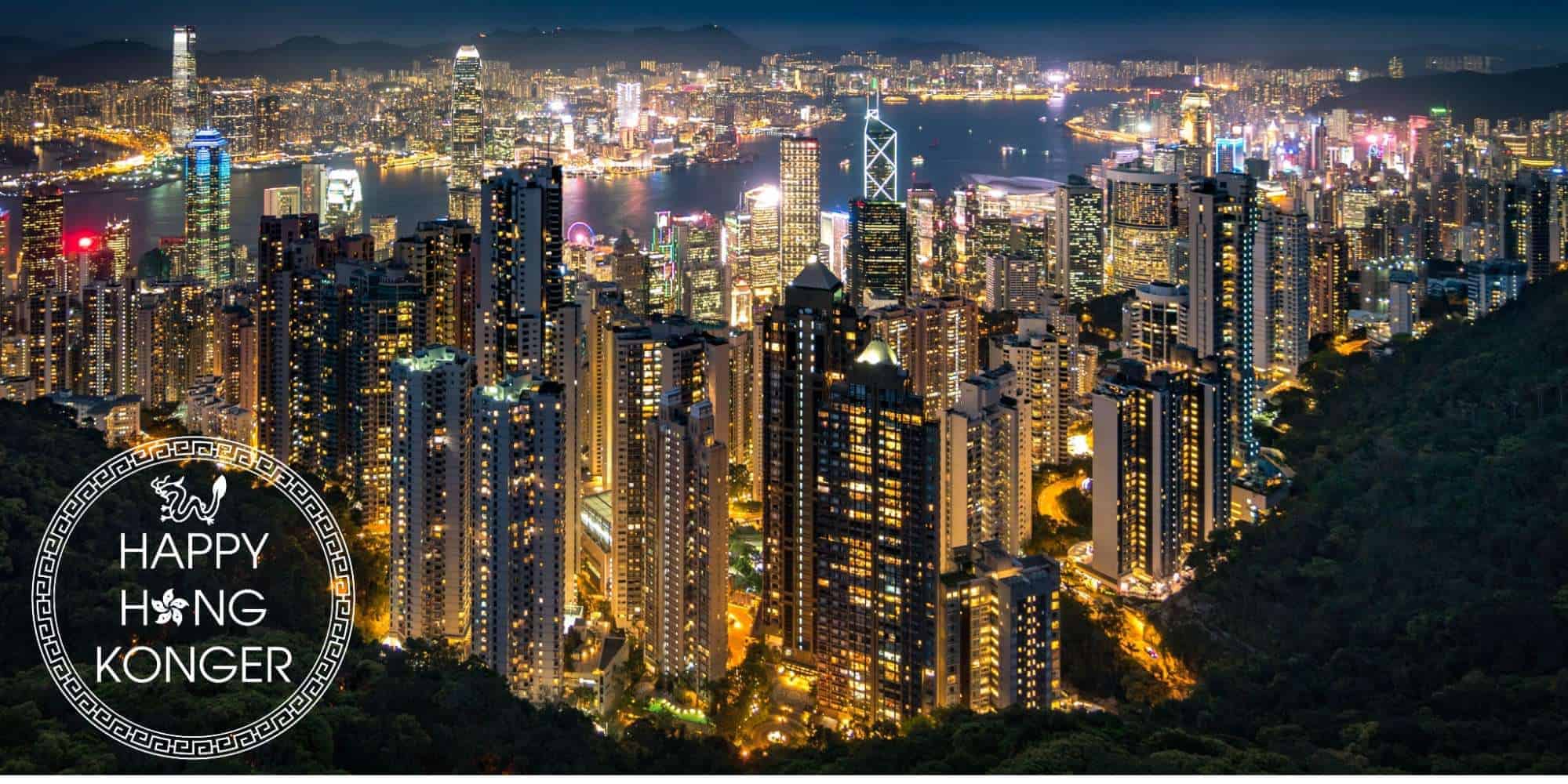
Why is Hong Kong so rich?
While strolling and looking for things to do in the region, you may have wondered why Hong Kong is the way it is: financially successful, with large cities and booming businesses all around. If so, you are not alone.
Hong Kong is considered one of the richest regions in the world, and that is thanks to many circumstances. Let’s jump right in and talk about the history and factors behind Hong Kong’s success.
Why is Hong Kong rich?
Hong Kong is financially successful because of its geographical location and history, economic set-up, and relationship with China. Having the right combination of these factors at the right time, Hong Kong was set to become an economic powerhouse in the region.
Let’s talk about these factors in more detail.
1. Hong Kong’s Unique Location and History
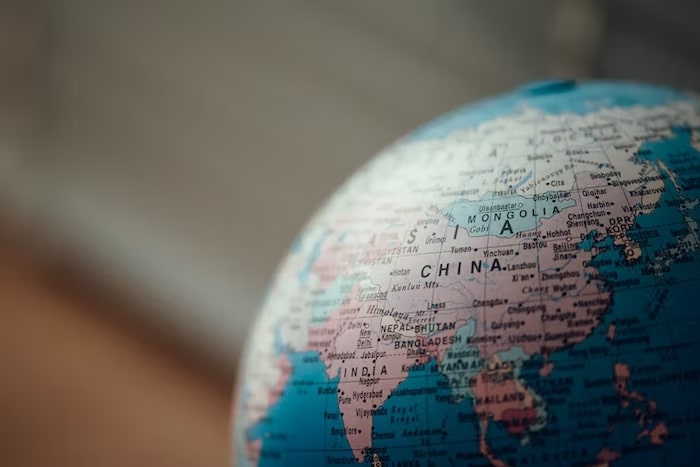
Hong Kong’s bays are more than just aesthetically-pleasing spots for tourists and photographers – they are one of the primary reasons behind the region’s success.
Hong Kong’s spot on the globe, combined with its geography, makes it a prime location for trade. The region’s ports make it perfect for merchants, and its proximity to other Asian countries allows Hong Kong to import and export a diversity of products.
Hong Kong has been used as a trading centre since its time under British rule. Back in the late 1800s, the region was already a crucial port where manufacturing, shipbuilding, and goods export were prevalent.
Changes happened when numerous mainlanders took refuge in Hong Kong to escape the war. The influx of refugees brought entrepreneurs and capital into the region, and industrialization began at a rapid pace.
During this time, Hong Kong was known for exporting textiles and clothing and manufacturing electronics, plastic items, and other products. As a central seaport, Hong Kong allowed businesses to quickly deliver and receive products.
When Hong Kong went back under China’s jurisdiction in the late 1990s, manufacturing companies moved their intensive assembly businesses to the mainland to take advantage of cheaper labour.
Hong Kong then transitioned to depending on tourism, trade, and financial services, building up the economy we see today.
2. Hong Kong’s Business-Friendly Economic Set-Up
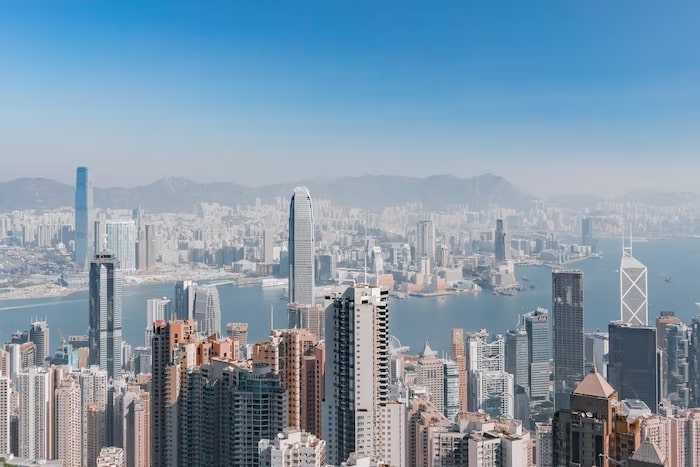
According to the Heritage Foundation, Hong Kong is the world’s freest economy, with the region holding onto the title for almost two decades.
Until the 1960s, Hong Kong’s government did little industrial planning. The state was busy providing housing to immigrants, land reclamation, and dealing with other social issues, which gave room for the private industry to flourish unabated.
Minimal state intervention and controls allowed businesses to enter from all over the globe and provided already existing companies with numerous opportunities to diversify and explore new markets.
You can see remnants of these business-friendly economic policies to this day. Hong Kong has low taxes, virtually nonexistent government debt, lax employment laws, and no customs tariffs.
These circumstances are highly attractive for small and large enterprises. Having little to no barriers to trade encourages corporations to invest in the region and pushes them to engage in more business, further developing and improving the economy.
Hong Kong’s company registration policies are also relatively simple, making it easy and convenient for local startups and international powerhouse companies to begin their operations in the region.
3. Hong Kong’s Working Relationship with China

Despite political tensions and a tumultuous relationship, Hong Kong and China spur each other’s success.
Hong Kong acts much like an entryway to China. Businesses that invest in the region eventually find themselves eventually putting up branches within the mainland.
Businesses and corporations will also use Hong Kong as their headquarters while taking advantage of the cheap labour within mainland China.
For most companies, manufacturing products in the mainland and using Hong Kong as its main trading hub reduces overall operational costs.
In addition, Hong Kong and the mainland are actually relatively dependent on each other. 39% of Hong Kong’s direct exports go to China, and the mainland supplies over 45% of the SAR’s imports.
Realities on the Ground
It is undeniably true that Hong Kong is one of the richest places in Asia and the world. It is also home to billion-dollar companies and multimillionaires.
According to The Standard, one in every 13 Hong Kongers is a multimillionaire, and the South China Morning Post says that one in every 125 residents has a net worth of around 5 million US dollars.
However, to say that Hong Kongers are rich can be a misrepresentation of the realities on the ground.
The richest 10% in Hong Kong make over 40 times that of the region’s bottom 10%, with the latter experiencing the full brunt of soaring prices amidst worldwide political tensions and the pandemic.
Although there are numerous rich people in Hong Kong with visible, happy lavish lifestyles, the more invisible majority of the population struggle with unhappiness as they have to deal with rising costs of living, inflation, and income inequality.
How rich is Hong Kong?
| Worldwide major economy ranking | 38th |
| World’s richest country ranking | 11th |
| Ranking for the number of billionaire residents | 2nd |
When it comes to economic success and wealth, Hong Kong is always within the top 50 of multiple rankings. According to World Data, Hong Kong currently ranks 38th in worldwide economic performance.
This result is based on the SAR’s GDP of USD 49.661 per capita, compared to the world average of USD 12.259 per capita.
Taking into account the purchasing power of the region’s currency per inhabitant, Hong Kong ranks 11th in the list of the world’s wealthiest countries despite not being a country in itself.
Hong Kong also placed 2nd when it comes to the number of billionaires living in the region, second only to New York.
If things remain constant, there is no indication that Hong Kong’s ranking and performance will go down any time soon.
Does Hong Kong have a complete free-market economy?
Although Hong Kong operates primarily on a laissez-faire model, many think tanks and professionals believe it’s not operating on a completely free-market economic model.
The SAR’s low tax rates, inexistent tariffs, financial markets, and little government participation shows that Hong Kong has roots in free-market capitalism. However, Hong Kong’s state still intervenes, especially in alleviating certain societal issues.
Hong Kong’s government provides public housing to around 50% of the region’s population to help them survive the effects of income disparity, with plans to provide more subsidised homes in the near future.
The government also puts a minimum wage in place, offers subsidies, and invests in certain corporations such as the MTR Corp and Hong Kong Disneyland. As such, the classification of Hong Kong as a complete free-market economy is understandably doubtful.
